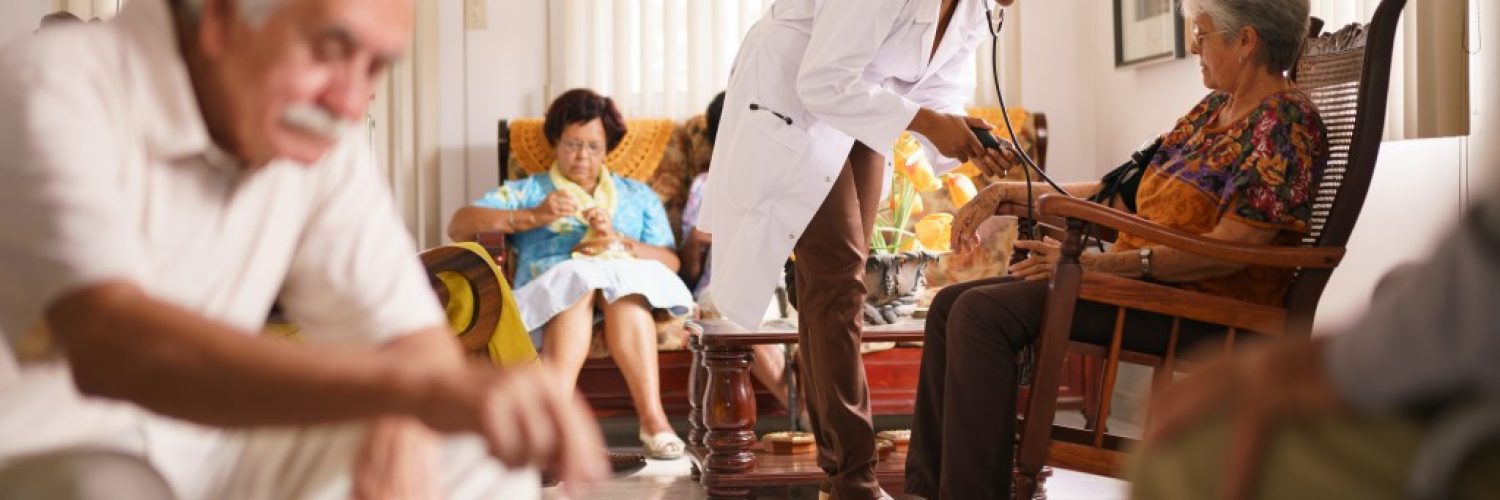Hospice care at times might be the sole element that ensures anyone with a life-limiting condition still enjoys as full a life as possible. Contrary to what most people assume, hospice care does not denote a place. This type of care instead refers to specialized care that can be administered in various settings.
These include long-term care facilities, private residences, and inpatient centers. The goal of this program is to alleviate symptoms in patients with terminal diseases and promote their comfort.
Community education offered by hospice care services in Indiana has been proven to be one of the critical pillars of the best outcomes in patients undergoing hospice care. There are various topics covered in community education to better equip the general public on what exactly hospice care entails and how they can contribute.
The following are a few topics covered in hospice community education.
Healthcare Decision Making
Most people have practically all parts of their lives well laid out other than the decisions that entail their health. They are basically leaving their health care to chance.
In community education, you will learn how to make better decisions on your health and how to communicate your wishes with your loved ones. If you need hospice care, you will also be advised on how to choose the best hospice center to meet your needs and what type of payment plan you should have in place.
Overview of Hospice
Most people do not really grasp what hospice entails. This topic is designed to bust all the myths surrounding hospice and give communities a better grasp of what they can expect if they or their loved ones are enrolled in hospice.
With a proper understanding of what to expect in this type of care, the uptake of hospice care by communities has significantly increased.
Caring for the Caregiver

People who will opt for home-based hospice care will have some aspects of their care handled by their loved ones. The caregivers, in this case, are taught how to handle various aspects of a patient’s wellbeing and what to leave for trained professionals.
Moreover, the community, in general, will be counseled on how to handle grief since in terminal conditions this starts long before someone breathes their last. Respite care for caregivers to take a break for caring for a patient and unwind is also emphasized to avert their emotional and physical exhaustion.
Understanding the Signs for Hospice Care
More often than not people wait until a patient is bedridden for them to seek hospice care. At this stage, there are poor management outcomes even with the best care.
In community education, communities are taught the initial signs that point to someone’s need for hospice care. This way, patients will be enrolled early on in care, and this guarantees optimal outcomes.
Terminal health conditions are unfortunately a common problem worldwide. The topics above will hence resonate with virtually all communities.
Different hospice centers will have different requirements on the number of people required for a community education class covering the above topics and other relevant ones. Sign up for a class today and get to learn these crucial tenets of your community’s health.

